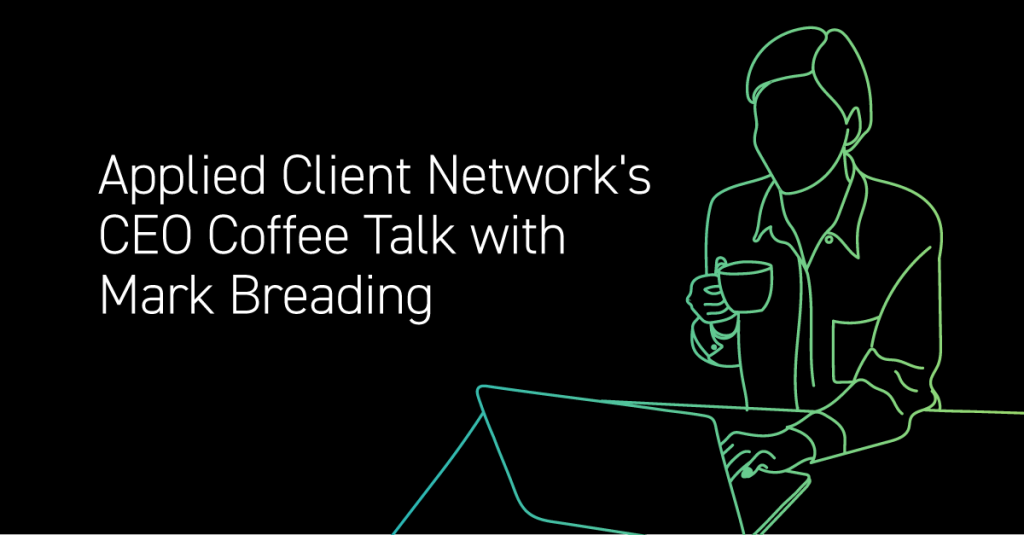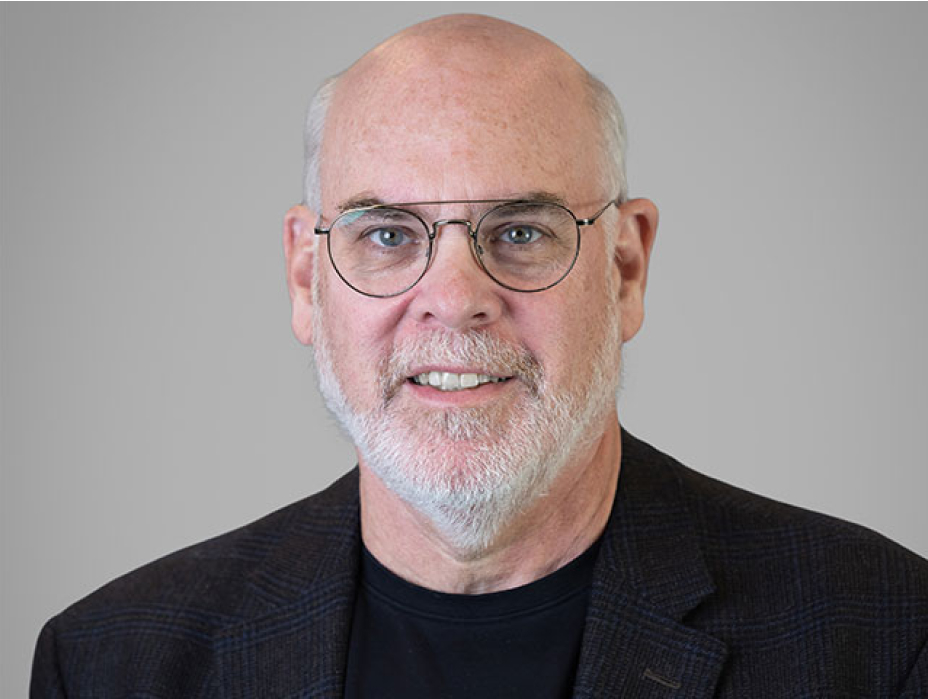In a recent Coffee Talk session with ACN’s Brian Langerman, Mark Breading, Senior Partner of Transformation Services at ReSource Pro, discussed the evolving landscape of the P&C insurance industry.

Mark outlined six major trends in the P&C insurance industry, and addressed topics like the impact of AI on agents, the evolving mobility space, and cyber risks. We’ve assembled some key takeaways from their discussion:
The insurance industry and resilience
After several difficult years, the industry is bouncing back, with rate increases and improved markets. Even with an unpredictable economy and possible recession in the next year, Mark believes that the industry always finds a way to adapt and find profitability.
“Any time there’s a significant market downturn, carriers put more discipline into underwriting, and they want to collaborate more with their agency partners. It’s a little bit more stringent appetites, and a little bit more focus on really understanding the nature of the risk and then pricing it. But this is nothing new for the industry. This is the cycle we go through.”
AI versus legacy
Automation and GenAI dominate conversations, but many companies are still grappling with legacy systems. Until these are migrated or updated, AI isn’t always a practical option.
“I can’t tell you how many agencies I’ve talked to that have said, well, we’re doing this conversion… and once we finish that, we’ll start thinking about AI. And that kind of is across the ecosystem – we’re still burdened by legacy systems.”
The evolving mobility landscape
Mark discussed the gradual changes in the mobility landscape, particularly with the rise of autonomous vehicles, electric vehicles, and telematics. Concerns that these changes will eliminate risk and the need for auto insurance are likely unfounded. Mobility is a complex environment that will always require coverage – but the coverages may need to adapt.
“That whole landscape is changing in a lot of ways with the sharing economy, with EVs, with autonomous vehicles, with new forms of transportation, but it’s going to be a long evolution. As an agent, you’ve got to follow all these trends and think about the implications for risk and for customers, but it’s not going to change overnight.”
Will AI replace agents?
Based on conversations with agencies and discussions of current use cases, Mark believes that AI will primarily enhance agent roles – not replace them.
“AI is going to replace… a lot of the mundane tasks that producers, CSRs, and others in the office don’t want to do. We’re already using RPA to automate certain things. I’m very optimistic about the way agents will be able to use their expertise and leverage their relationships to elevate their roles.”
The future of cyber coverage
As digital data increasingly intersects with AI, cybersecurity risks are growing. As conversations evolve, cyber coverage may start to resemble flood coverage, where the government plays a larger role in addressing risk.
“I do think that there are a variety of emerging risks that we may not be able to completely cover profitably as an industry. And I do expect more government involvement to help address some of those.”
As the insurance industry continues to evolve, it’s clear that technology will play a critical role in shaping its future. Mark’s insights underscore the importance of staying informed, being adaptable, and leveraging technology to enhance, rather than replace, the human element in insurance.



